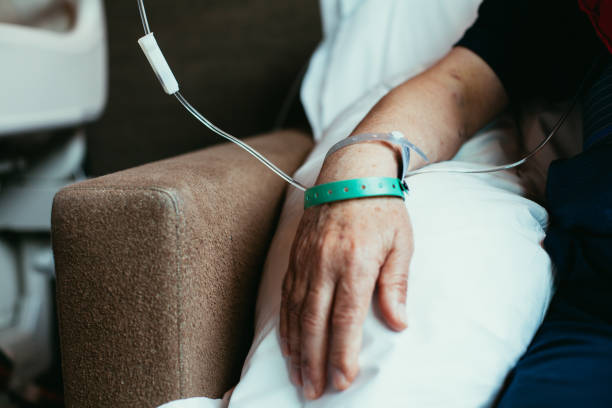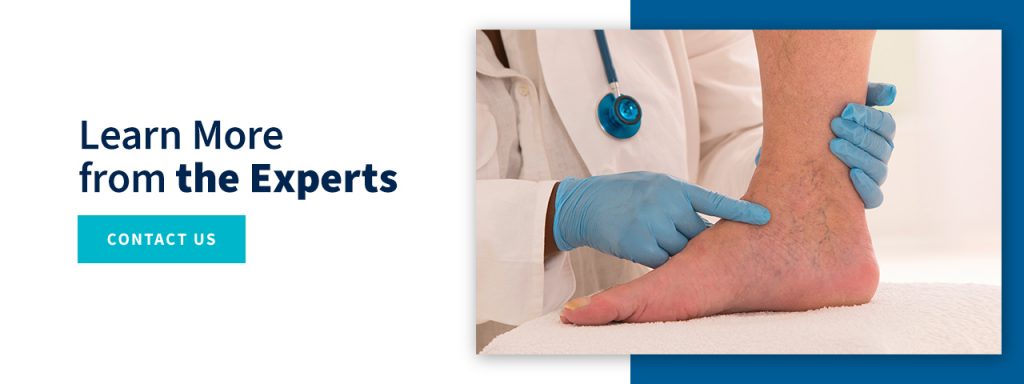
Deep vein thrombosis (DVT) is a medical condition that occurs when hardened blood clots form in a person’s legs. Because the human system is interconnected, DVT and cancer are commonly related conditions. They function as a two-way relationship in which either condition can be a risk factor for the other.
Though not all cancers are related to blood clots, many are linked to the body’s ability to produce blood cells. Patients with DVT or cancer should be aware of how either condition can affect the other.
Malignancy/cancer contributes to an overall hypercoagulable state that often cannot be confirmed with blood tests. The phenomenon is called paraneoplastic syndrome.
Cancer of any type damages your body’s ability to heal, which is the primary function of benevolent blood clots. Cancer cells can trigger the overproduction of blood clots, making your body prone to DVT. The link between blood clots and a cancer prognosis results from this imbalance. Too much clotting increases the risk of poor circulation or a pulmonary embolism, which is when the blood clots shrink and travel toward the lungs.
Certain cancers have a higher risk for clots due to their interaction with your blood cells and tissues. The most common cancers that cause DVT include:
Just as cancer can cause DVT, blood clots can be early warning signs of cancer. DVT can result from other deficiencies in your system, so make sure your physician tests for deeper roots of either condition. If you have DVT, you can prevent further risk of cancer or blood disease by getting adequate exercise, quitting smoking or increasing your daily movement.
Some cancer patients have to go through chemotherapy or surgical treatment. Though these are often life-saving procedures, cancer treatment can increase the chance of blood clotting. Chemotherapy harms blood vessels and limits the healthy proteins that control your blood clots. Some surgical treatments also increase your body’s clotting abilities, so it’s crucial to exercise caution with your choice of care.
While blood clots are not always harmful, the link between DVT and cancer treatment is apparent. Some patients even find that indirect results of cancer treatment can risk DVT, such as lying in bed for extended periods or receiving a catheter in a central vein. Your decision to begin chemotherapy or alternative treatment may save your life, so be sure to discuss with your physician how to prevent DVT in the process.
If you have cancer, your doctor may suggest the following methods to avoid DVT:

Cancer and DVT are both conditions that may worsen without treatment. To avoid the risk of either prognosis, you can seek treatment for DVT symptoms at Central Florida Vein and Vascular Center. We use vascular ultrasound technology to identify blood clots and apply minimally invasive methods to eliminate them. With healthier veins, you can reduce the risk of cancer and harmful blood clots throughout your body.
Choose our Central Florida Vein and Vascular Center experts for personalized treatment solutions. We operate with care and compassion so you get the help you need when you need it. Schedule a consultation to get started. Call 407-545-3385 or 352-658-5547 today!